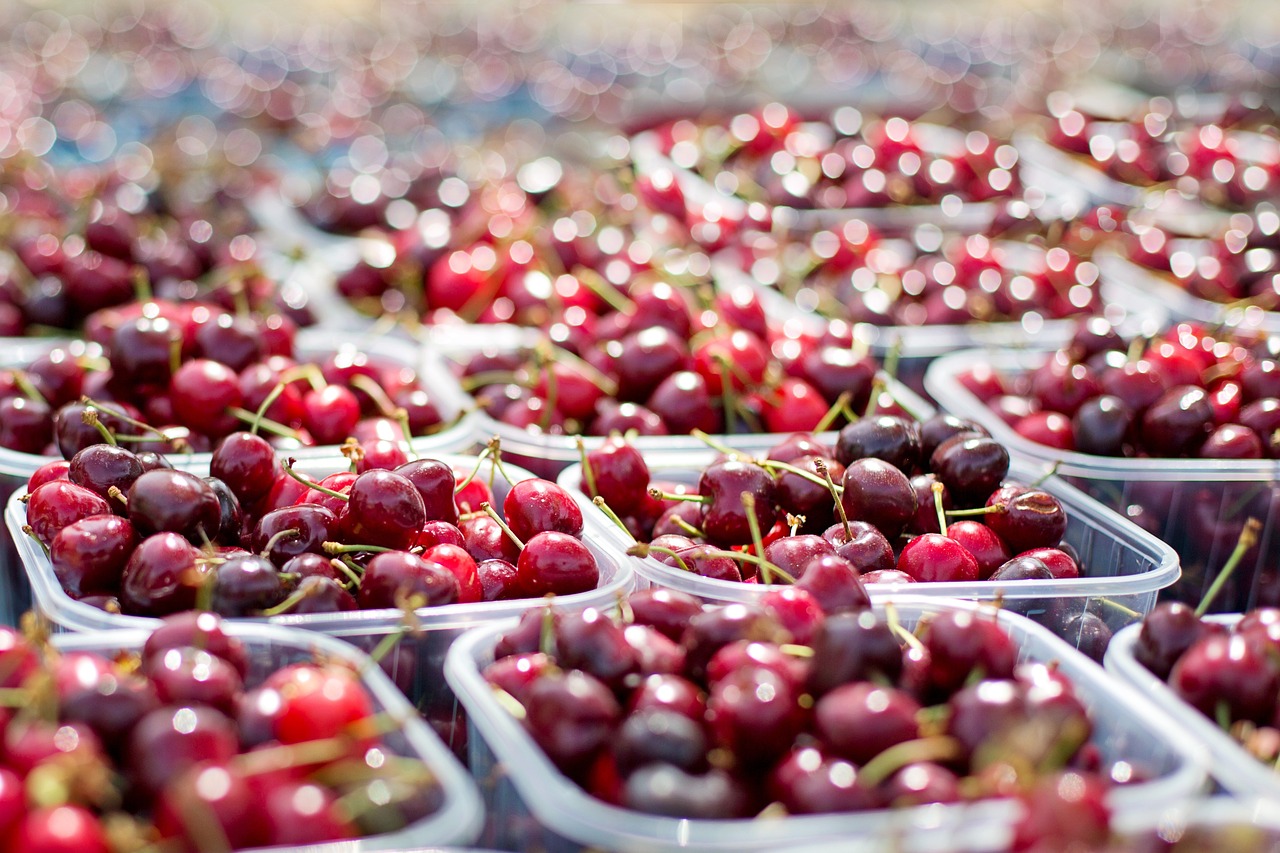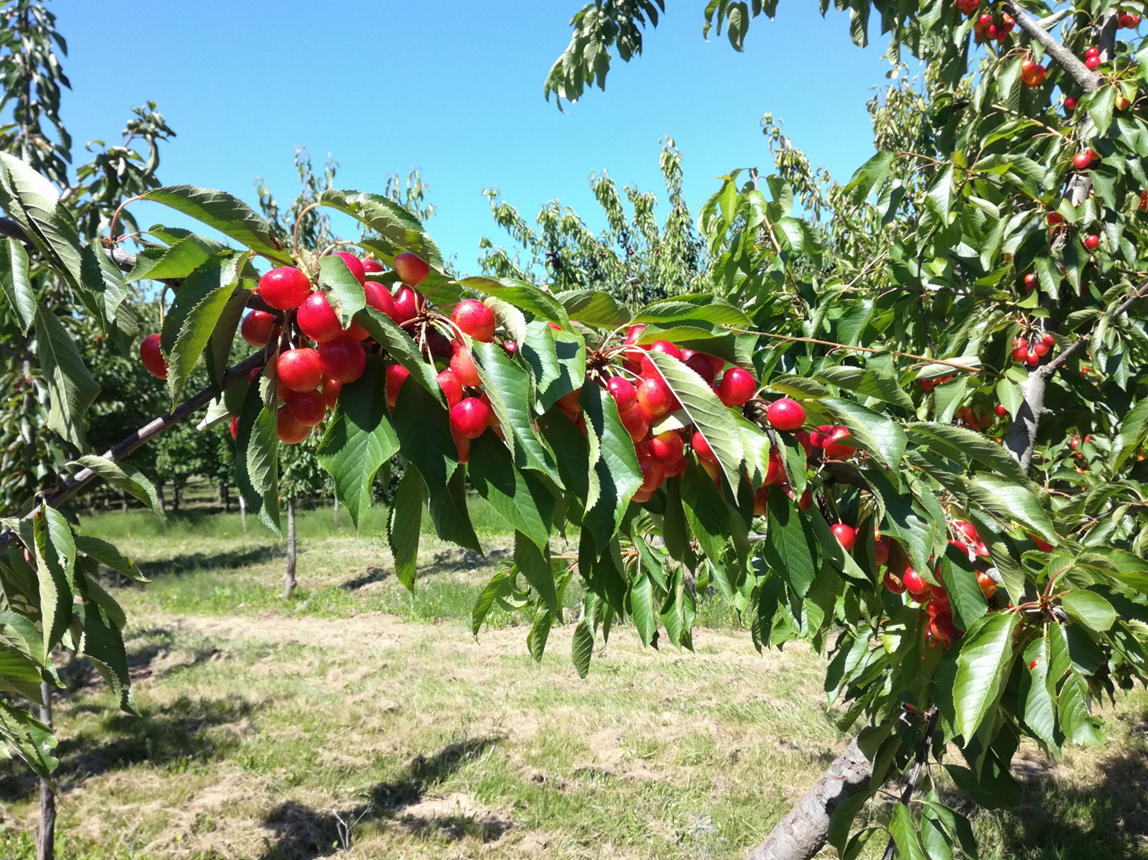After several years of experimentation and investment in production, the Sweet Aryana cherry variety PA1UNIBO*, the result of research conducted by the Department of Agri-Food Science and Technology - DISTAL of the University of Bologna, is now available on the Asian market.
ANA Chile, a leading Chilean company in the global management of fruit varieties, has launched this cherry on the Asian market. Characterised by sweetness, crunchiness and exceptional organoleptic properties, the Sweet Aryana PA1UNIBO* has been exclusive to ANA Chile in Chile, Argentina and Peru since 2019. In 2023, the company sold 2.4 million plants to local producers, extending cultivation to over 2,200 hectares in Chile.
The recent Chilean production season has been complex for all cherry varieties due to climatic problems affecting stone fruit, causing a deficit in cold weather accumulation, irregular flowering and splitting due to spring rains. Despite this, more than 63 tonnes of this variety were exported to China in 2023, a lower volume than expected but still 94% more than the previous year. This made it possible to assess the performance of the variety in Asia.
The considerable number of plants sold in Chile and the commercial debut in China in 2023 are the result of a long journey that highlights the potential of the genetic improvement activities conducted by the University of Bologna. The institute has a long history in the genetic improvement of fruits, with a focus on cherries, pears, apples and kiwis.
The genetic improvement of the cherry tree has been an important focus since the 1980s, with a programme initiated in 2000 that resulted in the renowned Sweet Series, a group of high-quality cherry varieties with different seasonality but outstanding and uniform organoleptic and aesthetic characteristics.
The varieties were registered in the European system for plant variety rights under the names PA1UNIBO*, PA2UNIBO*, PA3UNIBO*, PA4UNIBO* and PA5UNIBO*, together with the trademarks Sweet Aryana, Sweet Lorenz, Sweet Gabriel, Sweet Valina and Sweet Saretta. In 2015, the series was expanded with PA7UNIBO* Sweet Stephany, followed by the earlier PA8UNIBO* Sweet Dave.
In 2014, the Marysa variety, characterised by earliness, high productivity, dark-red skin and a distinctive aroma, was added to the extensive range. This contribution further enriches the institute's offer, meeting the various needs of producers and consumers.
Source: Fruitbook Magazine
Cherry Times - All rights reserved










